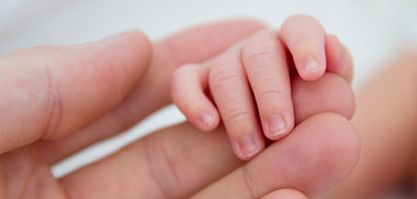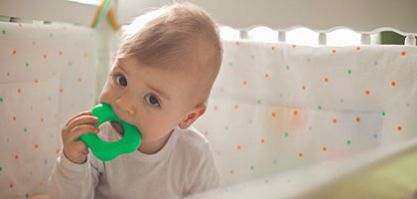You have delivered the baby - but where is the instruction manual?

Parenthood is a huge learning curve. You have been preparing for your baby's arrival for 9 months, but no matter how hard you studied during your pregnancy, you may still feel completely unprepared once you are holding your new infant. The following section has some useful information on the basics of caring for a newborn, covering areas such as bath time, immunizatons, teething and diapers.







